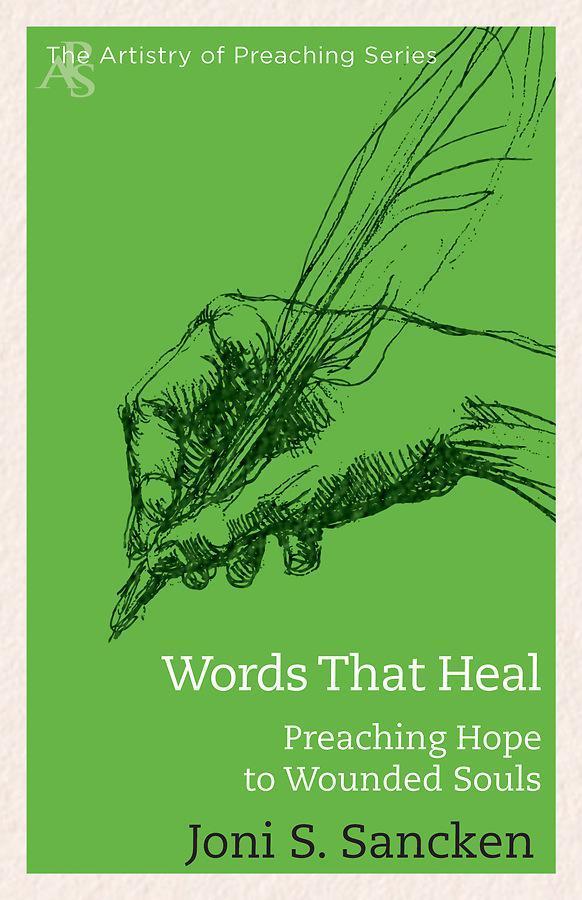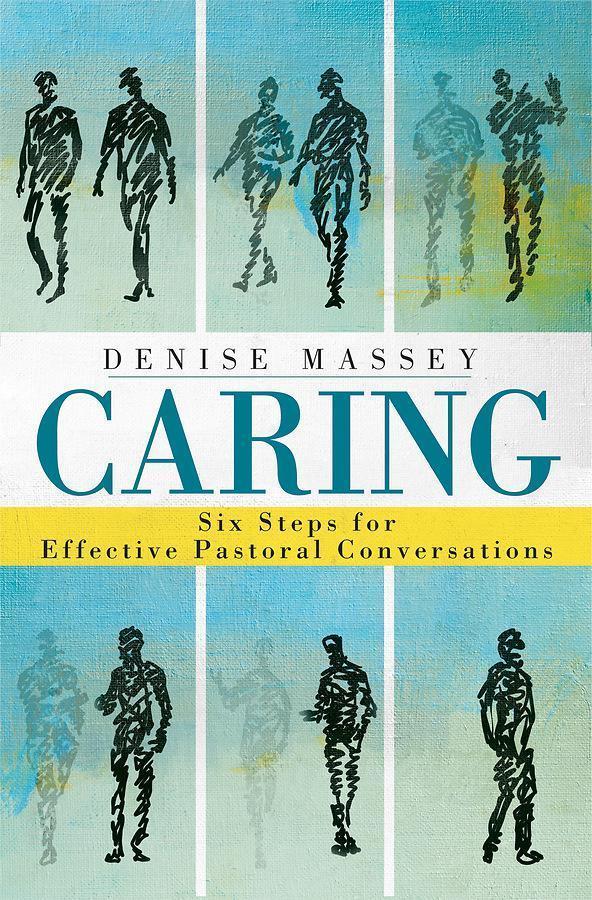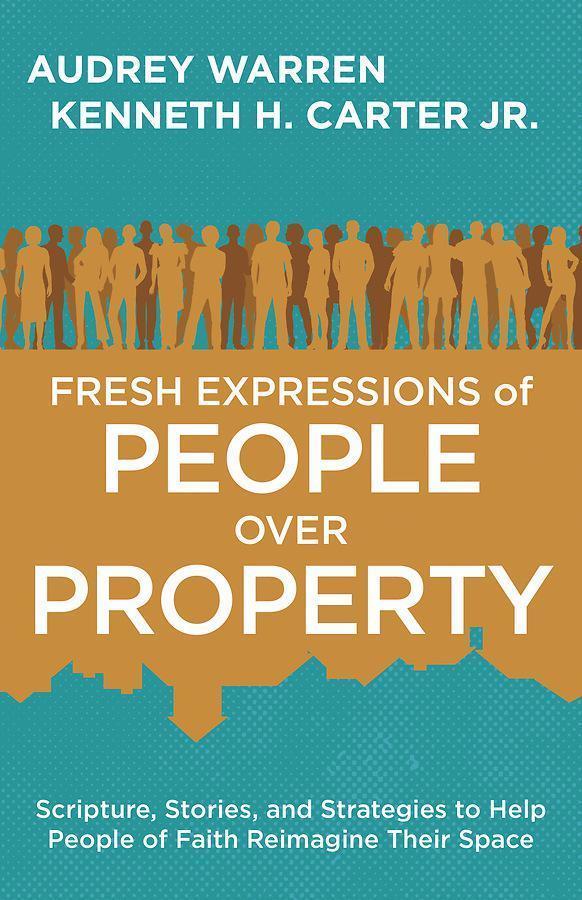The Rev. Carolyn Winfrey Gillette pens ‘O God, When We Face Trouble’
March 31, 2023

The Rev. Carolyn Winfrey Gillette
Presbyterian pastor and hymn writer the Rev. Carolyn Winfrey Gillette has written a new hymn to encourage Presbyterians and others to gather and send hygiene and other kits to organizations that can put them in the hands of people who need them as the result of natural or human-caused disasters.
Gillette’s new hymn, “O God, When We Face Trouble,” is set to the tune of AURELIA, “The Church’s One Foundation.” After an introductory verse, one of five optional verses — for hygiene, cleaning, school kits, welcome backpacks and period packs — can be inserted. Gillette completes the hymn with a sixth verse.
Gillette wrote the hymn with Church World Service, a partner of the Presbyterian Church (U.S.A.), in mind. Find the new lyrics formatted in hymn form here.
O God When We Face Trouble
AURELIA 7.6.7.6 D (“The Church’s One Foundation”)
O God, when we face trouble, when we need help and care,
you reach to us through others who listen, love and share.
You send us now to neighbors with troubles of their own.
May they know, through our labors, that they are not alone.
We give these kits for hygiene with basic things like soap.
We put in combs and Band-Aids for health care and for hope.
At borders and in shelters, God, may these items be
a sign of love and friendship, and shared humanity.
We give these kits for cleaning — these buckets and supplies,
for more and more, we’re seeing storms rage and waters rise.
When flooding has receded, God, may these buckets bear
supplies to use and also, the promise: Neighbors care!
We give these gifts of School Kits; they’re filled with simple things
like pencils, crayons, notebooks. What joy a school bag brings!
The gift of education begins with basic tools.
May these help youth and children succeed and thrive in schools.
We give these Welcome Backpacks for those who’ve fled in fear,
for neighbors just arriving have few possessions here.
May snacks and pens and blankets and water bottles, too,
give struggling people courage as they begin anew.
We give these gifts for hygiene — these Period Pack supplies.
When things like Pads are lacking, it complicates young lives.
When women have no money, when girls are forced to flee,
may these gifts be a blessing for health and dignity.
You teach us to be neighbors; you teach us what is true —
that when we’re helping others, we’re also serving you.
God, as we share with others, use all these gifts, we pray,
to help our hurting neighbors look toward a better day.
Biblical References: Luke 10:25-37; Matthew 25:31-46
Tune: Samuel Sebastian Wesley, 1864 (“The Church’s One Foundation”)
Text: Copyright © 2023 by Carolyn Winfrey Gillette. All rights reserved.
Email: carolynshymns@gmail.com
New Hymns: carolynshymns.com
Mike Ferguson, Editor, Presbyterian News Service
Let us join in prayer for:
PC(USA) Agencies’ Staff
Ashley Winn, Senior Assistant, Loan Operations, Presbyterian Investment & Loan Program
Jung Ju Winner, Marketing Assistant, Presbyterian Women
Let us pray
God of mercy and justice, we thank you for the fire that purifies and the Spirit that sustains. Bless our modest efforts to speak in your name. Amen.




























